|
A few days ago a nine foot Great White shark breached the surface off Sawyer's Beach in Rye, New Hampshire. This location would be north of Rye Ledge and south of Straw's Point and very close to the surf breaks off of the "river mouth" of Sawyer's Beach. It was likely a short visit for the Great White on her way up to the Canadian Maritimes where the seal population is much larger. However, we have other encounters that are not documented in these areas and there have been seal predations' that have occurred in local waters. The area of Rye Ledge has become more popular with harbor and grey seals where they can haul out to take a rest. No seals have set up a colony here yet but that day may soon come as the seal population in the Gulf of Maine has exploded. I have spent many years surfing, fishing and snorkeling off the ledge. It is a great spot that hold fish all day long and makes it a fishing ground for humans and seals alike. I am sure Great Whites have popped in once and a while to explore potential feeding grounds and it will be interesting to see how many more we will see in the future years.
0 Comments
There are 4 shark buoys strung along the New Hampshire seacoast by the Atlantic Great White Shark Conservancy located in Chatham, MA. These buoys are designed to pick up any tagged great white sharks that pass close enough to trigger a record. In 2022 the following Great White Sharks were detected.
Danny (11 ft Male) 3 Detections off Hampton Beach Queen Helene (8.5 ft Female) 6 Detections off Hampton Beach JB The Duf (10 ft Male) 2 Detection off the Isle of Shoals Ken (11 ft Male) 5 Detections off the Isle of Shoal The receivers located off the coast of Rye, New Hampshire have not recorded any great white sharks in 2022. However, these buoys only record tagged sharks that are using the proprietary AWSC system and not any sharks using OCEARCH tags. Furthermore, great whites that have no tags are not recorded. The amazing fact is that we have some rather large tagged great whites cruising off our coast. It will be interesting to see how many sharks are identified in upcoming data releases at the end of 2023. On June 8, 2023, SeaBee Honey presented to the Center of Wildlife donors on the topic of how we can help our pollinators. We brought an observation hive to the event so that attendees could see bees up close and learn about their important role in our ecosystem. Pollinators are facing many threats today, including pesticide drift, lack of forage, and changes in climate. Pesticide drift is when pesticides are carried away from the area where they are applied by wind or rain. This can contaminate nearby fields and gardens, and harm pollinators that visit these areas. We showed a video of one of our bumble bee queens that had fallen victim to pesticide drift when a neighbors lawn was treated on a windy day. Lack of forage is a problem because pollinators need a variety of flowers to visit in order to get enough food. When there are not enough flowers available, pollinators may not be able to survive and gather enough pollen and nectar to thrive. Changes in climate are also affecting pollinators. Warmer temperatures and more extreme weather events can disrupt pollinators' nesting and feeding patterns. We discussed how warm weather in the middle of the winter caused our bees to break cluster and fly looking for food, wasting valuable energy in a fruitless pursuit. There are many things that we can do to help pollinators. One of the most important things is to plant a variety of native flowers in our yards and gardens. Native plants are well-adapted to our local climate and provide food for a variety of pollinators. We can also avoid using pesticides in our yards and gardens. If we must use pesticides, we should choose those that are less harmful to pollinators and spray at times when pollinators are not flying. And NEVER SPRAY BLOSSOMS ! Another way to help pollinators is to provide them with nesting sites. Native bees often nest in hollow trees or dead logs. We can provide nesting sites for bees by leaving some dead trees and logs in our yards, or by building bee houses. We can also provide nesting sites for butterflies by planting milkweed, which is the host plant for monarch butterfly caterpillars. Finally, we can support organizations that are working to protect pollinators. There are many great organizations working to conserve pollinator habitat and educate the public about the importance of pollinators. We can support these organizations by donating our time or money. Lucy the Eastern Screech Owl The Center of Wildlife also has a couple of animal ambassador animals, including Lucy the Eastern Screech Owl. Eastern Screech Owls are small owls that are found throughout North America. They are important predators of insects, including pests such as mice and rats. Lucy is a popular animal ambassador at the Center of Wildlife. She is a very friendly owl and loves to meet new people. She is also a great educator, and helps to teach people about the importance of owls and other wildlife. This is our third event we have co-presented with Lucy! Join SeaBee Honey's (Twelve Shares Natural Foods) Joe Marttila as he discusses the politics of the honeybee hive and how they "vote" for a new home during the swarming process. Joe provide and overview of the honeybee hive social structure, the different roles of worker honeybees, and how scout honeybees vote for a new home during a swarm.
Twelve Shares Natural Foods LLC (SeaBee Honey) provided a tour to the author of this article at one of our apiaries in Rye, New Hampshire. Here is the resulting University of New Hampshire student newspaper, The New Hampshire, article on issues our pollinators are facing. Photos courtesy of SeaBee Honey.
https://tnhdigital.com/22631/uncategorized/warming-winters-pose-threat-to-honey-bees-in-new-england/ |
Details
SEABEE HONEY BLOGAuthorA beekeeper in New Hampshire [email protected] Archives
December 2023
Categories
All
|
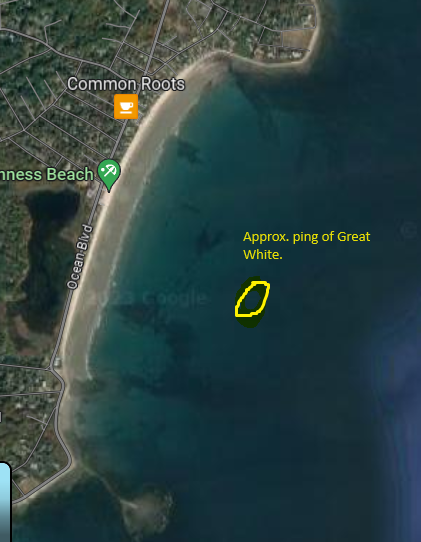
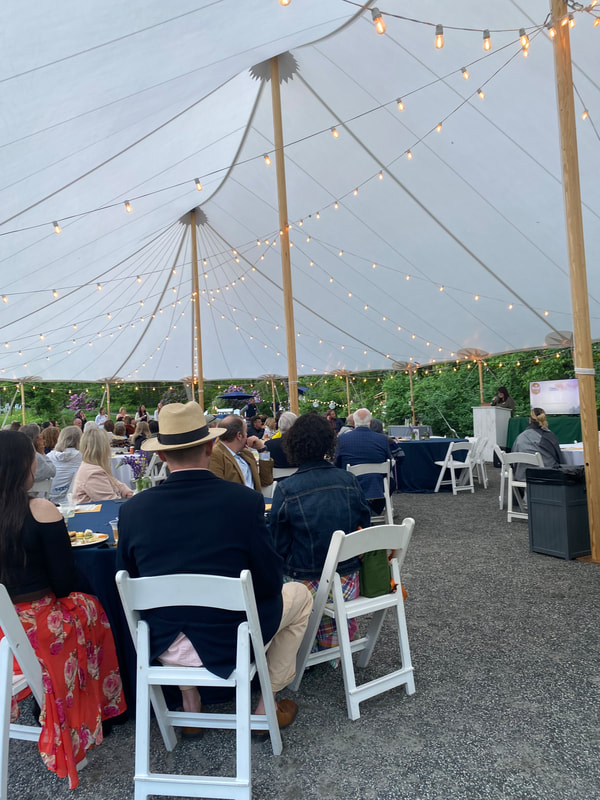
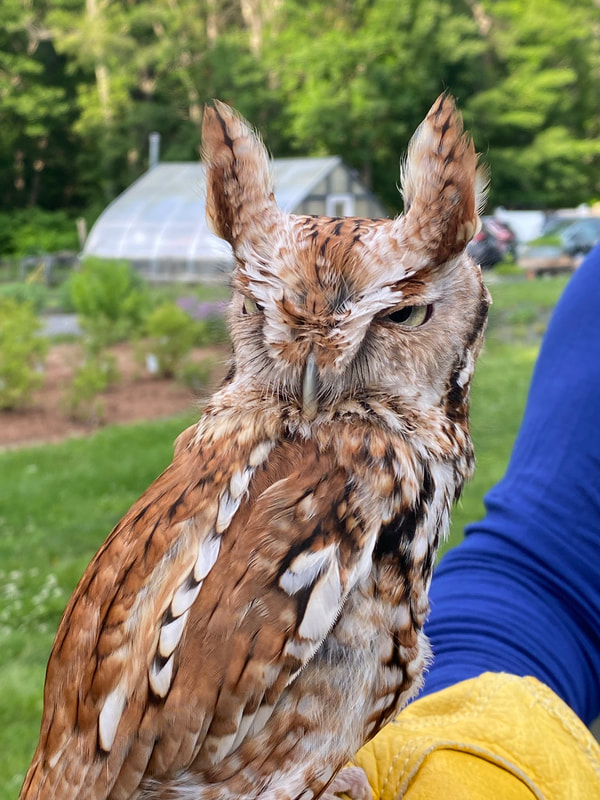
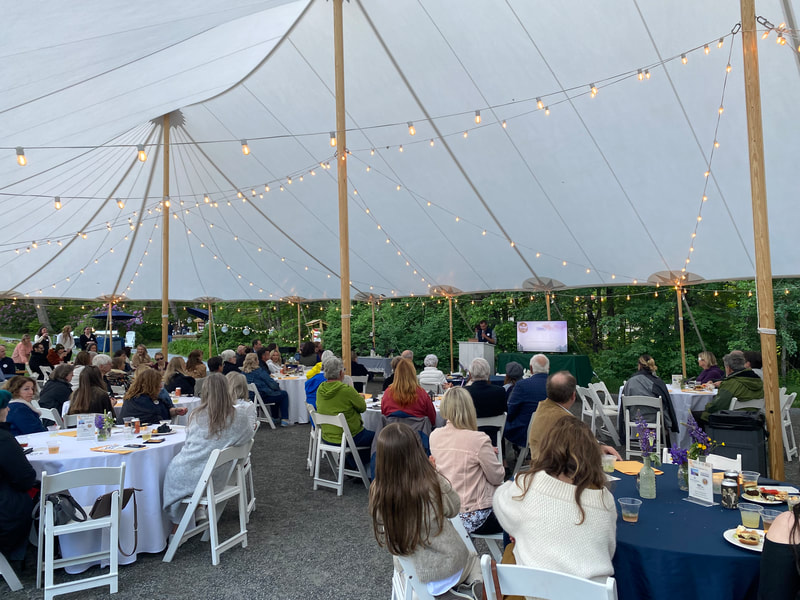
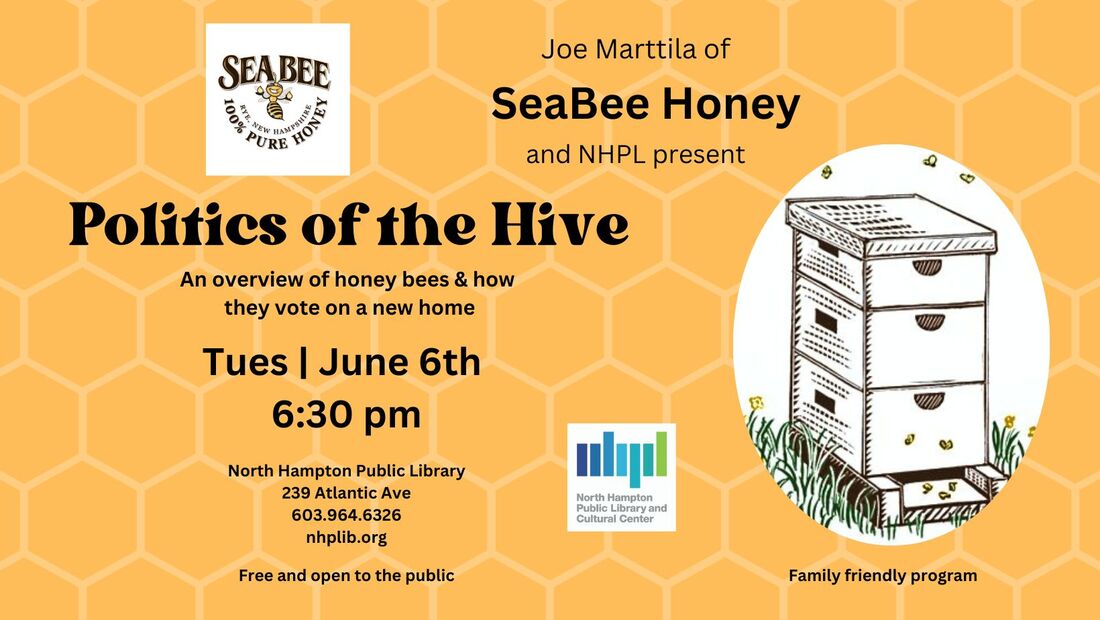

 RSS Feed
RSS Feed